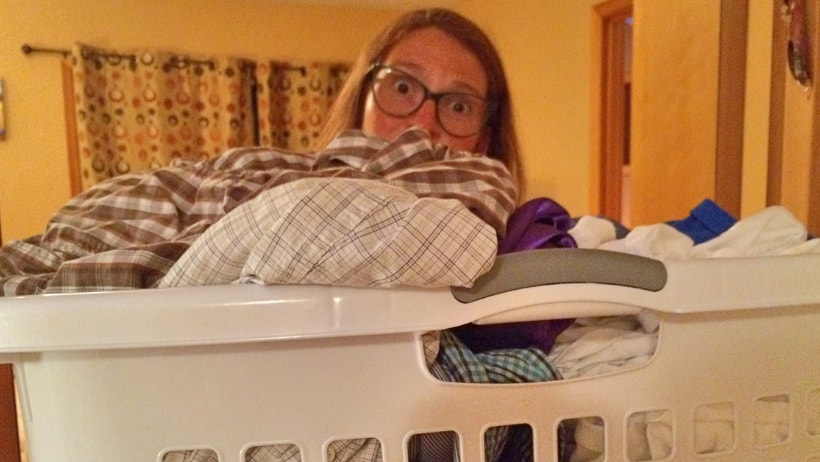I can’t let things pile up. The first drafts of my High Holy Day sermons were done this spring. When I get home after a trip, I unpack immediately. I do laundry before the hamper is stuffed to overflowing. I don’t wait until the challah is finished baking before I start washing the measuring cups. If you know me, you know this is not to brag about any organizational skills. Rather, it’s about knowing myself well enough to know I don’t do well under pressure, and the fear of that stress keeps me checking things off the list before the list becomes unmanageable.

There’s a message in this week’s parshah about overwhelming tasks, but it usually takes a back seat to the more, shall we say, whimsical elements. This week we read a narrative filled with opportunities to do the right or wrong action and say the right or wrong words. Yes, you’re remembering correctly, this is the parshah with the talking donkey. Parshat Balak is the story of Balak, son of Tzipur and king of Moav, who solicits Balam the “prophet” to curse the children of Israel. God allows Balam to go to the land of Moav, but only if he will speak what God tells him to say.
On the way there, Balam finds himself frustrated with his donkey, which refuses to move. As it turns out, the donkey sees an angel of God in the road. The donkey can see the angel; Balam cannot. So Balam gets angry at his stubborn animal and beats the donkey. The donkey acts out, and ultimately rebuke is received.
As Balak is trying to get Balam to curse the nation, he says to him, “Come with me to another place from which you can see them – you will only see a portion of them; you will not see all of them.” One interpretation of this passage suggests that Balak knows how intimidating the entire Israelite nation would be, so he tries to help Balam see them piecemeal.
The Kotzker Rebbe, the great Polish Talmudic scholar, teaches that ordinary people combine to create extraordinary communities – sites of holiness and charity. The Jewish people, perhaps ordinary as individuals, are perceived by other religions and cultures to be extraordinary based on our commitment to each other, to doing good, and to healing our world. That perception is perpetuated today not because of our numbers (we are a minority by far), but because as a whole we are committed to the same ideals. May we continue to see ourselves as greater than the sum of our parts, and may that always lead us to strengthening our world by letting goodness and mercy shine from our hearts.



